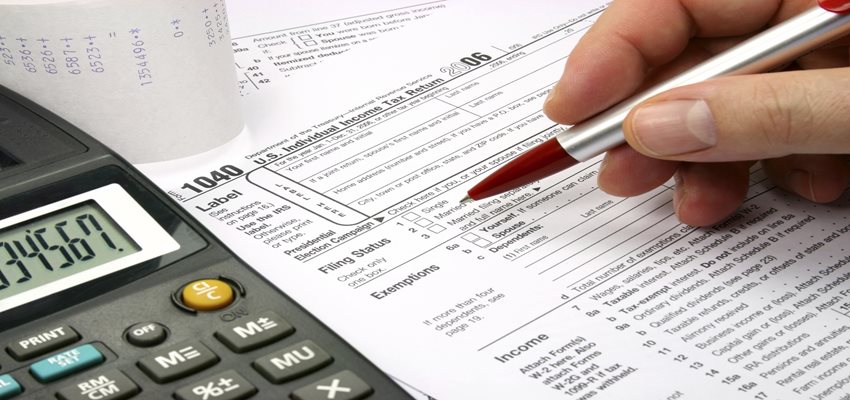Articles
August 05, 2022
Possible tax increase threatens restaurants
Expansion of the Net Investment Income Tax would generate $252 million over the next decade.

In an effort to offset costs for climate and social spending, Congress is considering expanding the NIIT. Established under the Healthcare and Education Reconciliation Act of 2010 (but in effect since 2013), the NIIT is 3.8% for 2022.
Though not part of the Inflation Reduction Act of 2022, the tax proposal was considered in July 2022 as part of an an effort to generate $252M from one million small and family-owned businesses. Such a move would have forced some restaurants that are still recovering from COVID-19—and now struggling with inflation, supply chain disruptions, and a labor shortage—to close.
Currently, the NIIT applies to “passive income,” such as rental property or stock dividends. Some members of Congress would like to extend the NIIT so that it applies to “active income” earned by individuals and families who run their own businesses.
Specifically, the increase would be imposed on what are considered “pass-through” businesses, including partnerships, LLCs, sole proprietorships, or S-Corp. entities earning more than $400,000 a year or $500,000 for joint filers.
Small and family-owned restaurants would be greatly affected.
While it’s likely that the NIIT expansion tax increase will not advance in year-end legislation, a very real possibility exists that Congress could legislate for the tax increase down the road. In fact, raising taxes by expanding the NIIT is a popular idea in Congress. Just last year, the House passed legislation that would have expanded the NIIT beginning in 2022, but the measure did not become law.
The Association will continue to monitor Congress’ efforts to increase taxes that threaten restaurants’ ability to survive in already challenging times.
Though not part of the Inflation Reduction Act of 2022, the tax proposal was considered in July 2022 as part of an an effort to generate $252M from one million small and family-owned businesses. Such a move would have forced some restaurants that are still recovering from COVID-19—and now struggling with inflation, supply chain disruptions, and a labor shortage—to close.
Currently, the NIIT applies to “passive income,” such as rental property or stock dividends. Some members of Congress would like to extend the NIIT so that it applies to “active income” earned by individuals and families who run their own businesses.
Specifically, the increase would be imposed on what are considered “pass-through” businesses, including partnerships, LLCs, sole proprietorships, or S-Corp. entities earning more than $400,000 a year or $500,000 for joint filers.
Small and family-owned restaurants would be greatly affected.
While it’s likely that the NIIT expansion tax increase will not advance in year-end legislation, a very real possibility exists that Congress could legislate for the tax increase down the road. In fact, raising taxes by expanding the NIIT is a popular idea in Congress. Just last year, the House passed legislation that would have expanded the NIIT beginning in 2022, but the measure did not become law.
The Association will continue to monitor Congress’ efforts to increase taxes that threaten restaurants’ ability to survive in already challenging times.